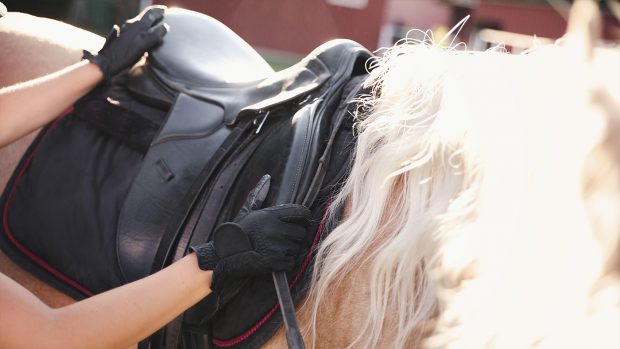When I bought a new saddle in the summer, the shop owner said they’d sell my old one for me. So I took the old saddle into the shop and we verbally agreed that they’d keep it until it was sold, and take a 10% commission for selling it. I didn’t find time to go back to the shop till last month, and when I did the owner denied all knowledge of ever having my saddle. I didn’t get anything in writing. What can I do about this?
QW
“Despite the apparent simplicity of the issue, cases such as these can often be littered with problems,” says Stuart Farr of Laytons Solicitors.
“The saddle owner has a legal right to bring a civil claim against the shop based on the verbal contract she made with them and/or the wrongful conversion of the goods in tort.
“Her claim could involve either the return of the saddle if it has not been sold or, if it has, payment of the sale proceeds — or its market value if that cannot be established — less the amount of the commission she agreed to pay.
“Unless the saddle was very rare or expensive when new, it’s likely to be worth less than £5,000, so the claim could be dealt with in the small claims track of the County Court in England and Wales. This is a relatively informal procedure and does not normally carry the same risk of large legal bills.
“The obvious difficulty in this case, however, is proving that the owner gave the saddle to the shop in the first instance and on the terms stated. This may not be easy in the absence of supporting witnesses or documents, and the court will have no choice but to weigh up the
oral evidence of the claimant against that of the shop owner.
“Any claim, therefore, would be inherently risky and highlights the need to draw up a written record of any transaction of this nature. The document should include a thorough description of the property to be sold, the commission rate, its current estimated value and the anticipated selling price.”
Information
For equine legal advice contact Stuart Farr at Laytons Solicitors
Tel: 0161 834 2100 www.laytons.com
This Q&A was first published in Horse & Hound (21 December, ’06)



